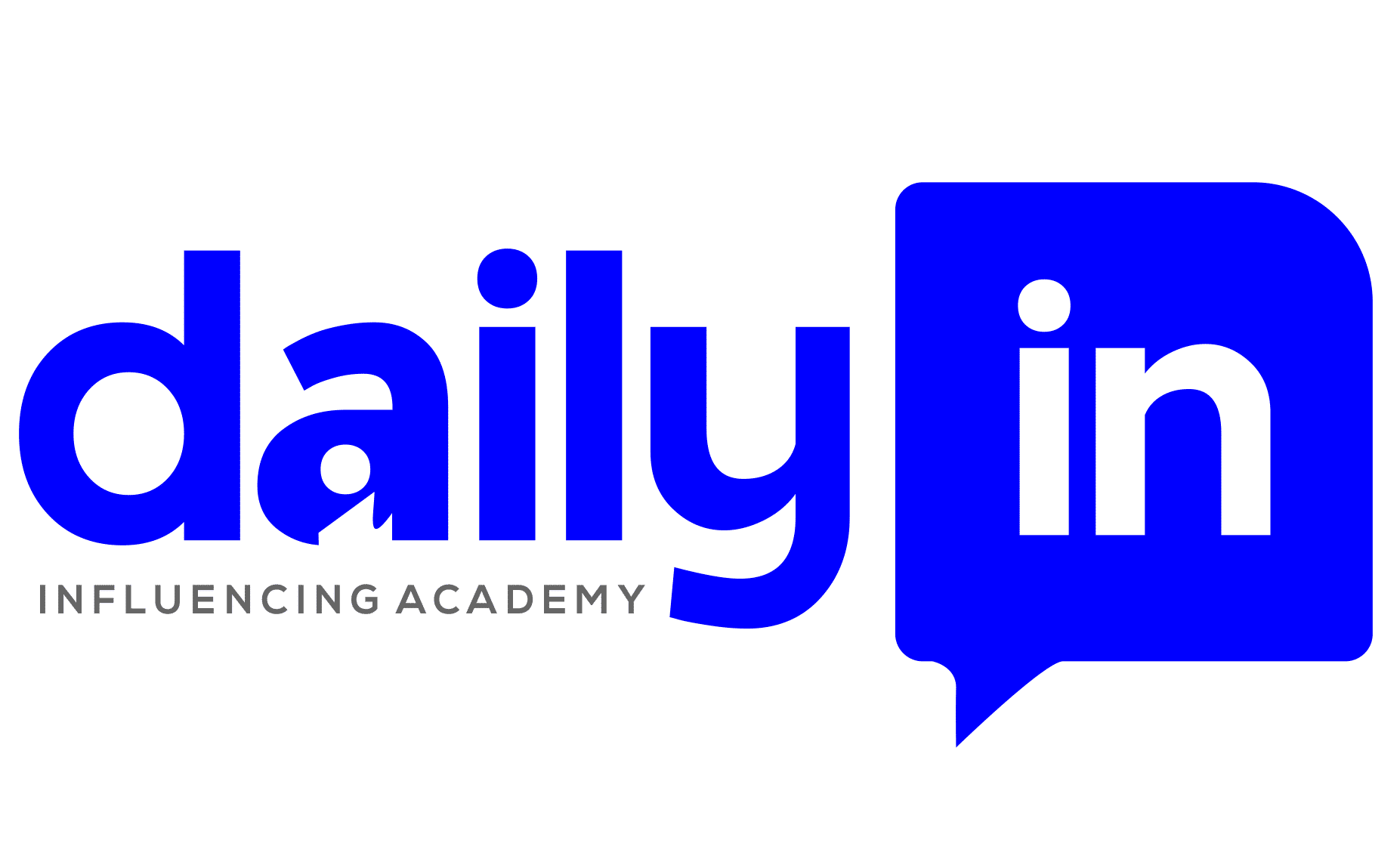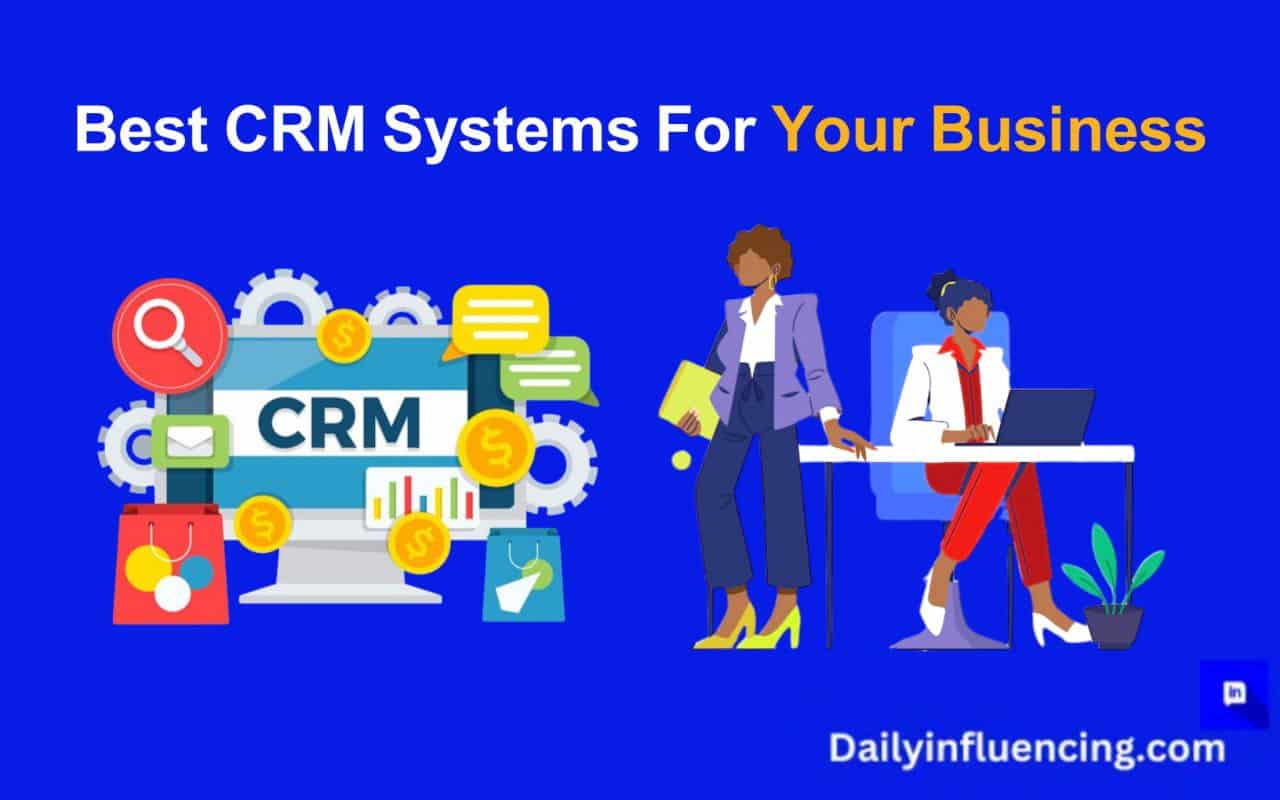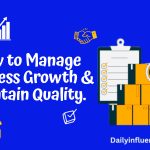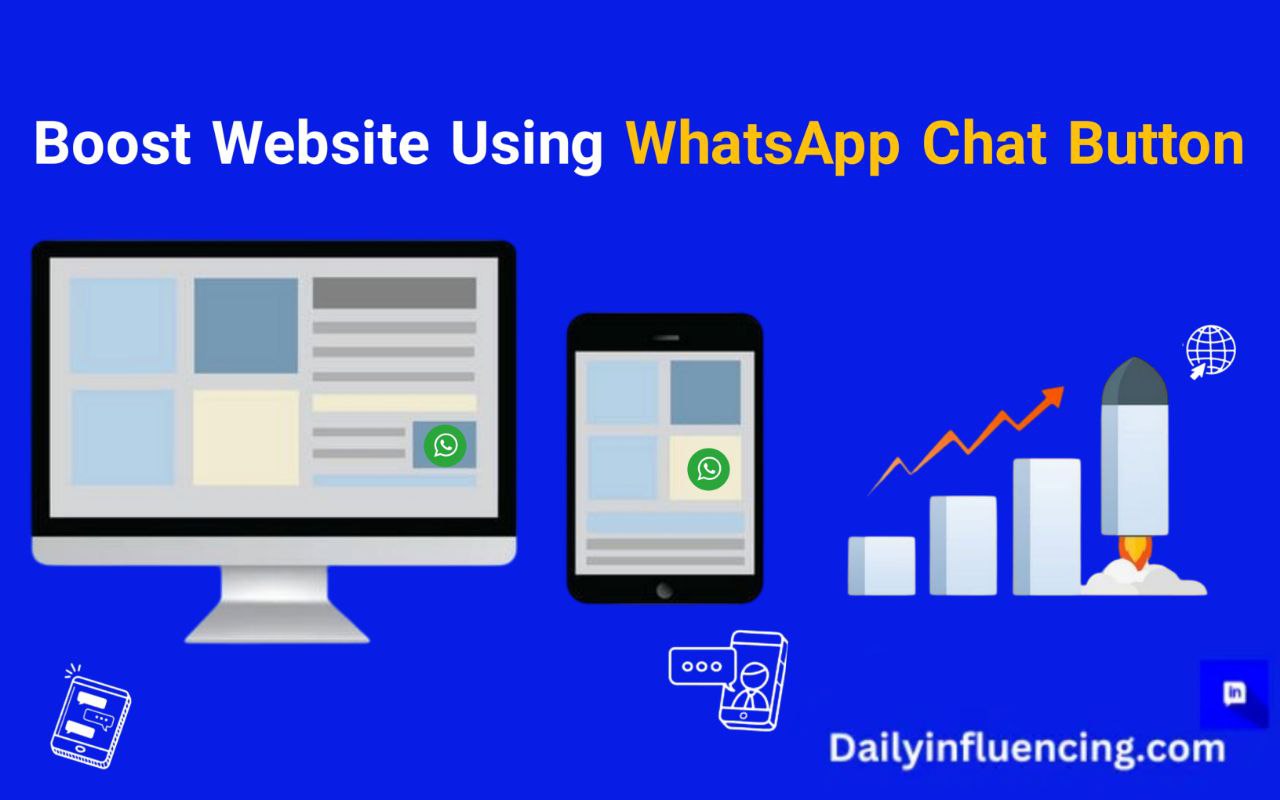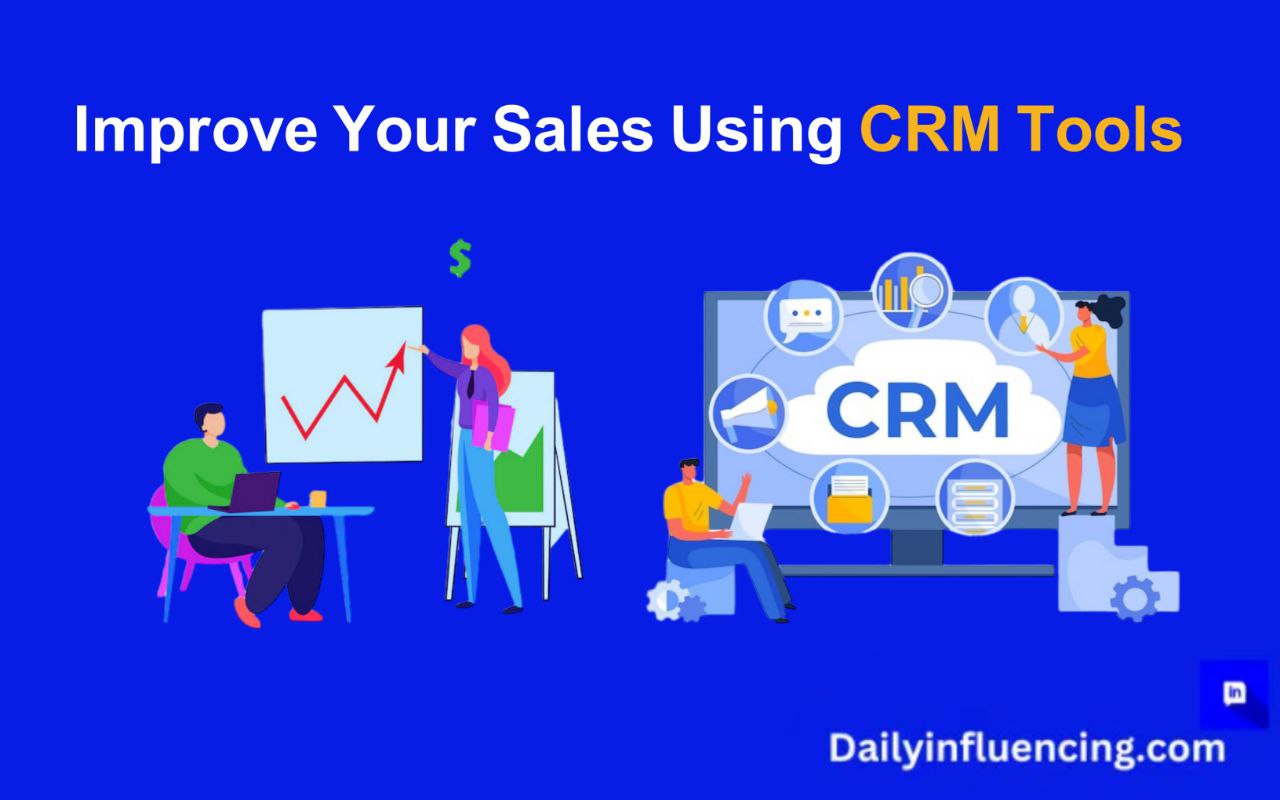
CRM tools have transformed the way businesses interact with their customers, manage sales and deliver great customer service. These tools have helped businesses to manage and track their customer data without losing sales.
Additionally, CRM tools have made building relationships with customers easier, as it gives you an insight of your customers journey and how to move them down the sales pipeline.
This article will look at how CRM tools have helped businesses to improve sales and customer support.
What Is A CRM Tool?
CRM which means Customer Relationship Management is a software that businesses use to improve and manage a strong relationship with their customers. This software has helped businesses to track and analyze what works with their customers and what doesn’t.
Furthermore, this insight has helped business owners to close more sales and build a long lasting relationship with their customers.
On the other hand, a CRM tool is the software that is used to significantly improve these sales and customer service. These tools are built to help a business owner stay ahead of the curve and gain valuable insights that will effectively improve how they deal with customers.
Key Functions Of A CRM Tool
Let’s look at some very important functions of a CRM tool.
Customer Data Management
It’s no news that the reason for a CRM tool is to be able to provide quality service to your customers and build strong relationships.
Therefore, Customer Data Management is simply the process that a business uses to collect, store and analyze customer data.
This function helps businesses to improve their products, services and processes. Additionally, it helps you to maintain your customers data quality.
Sales Pipeline Management
The sales pipeline is similar to the sales funnel in the sense that it helps a business to visualize the customers journey from leads-qualified leads-paying customers.
A CRM tool helps a business to visualize and track the leads generated by the marketing team.
Also, this tool also helps a business to properly identify quality leads and prioritize them as they move towards the different stages from brand awareness-brand advocates.
Customer Service And Support
CRM tools were designed to help businesses manage and build customer relationship.
One of the best ways to scale your business is to have customers who are loyal to your brand. However, you can’t earn this trust if you’re not keeping a good relationship with them.
This is why CRM tools are very efficient for businesses that prioritize customer relationship and sales.
Additionally, you can use a CRM tool to collect your customer data, making it easy for everyone on your team to access them. This helps to improve customer service and support.
Benefits Of Using A CRM tool
The benefits of utilizing this sales tool includes the following:
- Better customer understanding.
- Improved sales performance.
- Efficient customer service.
- Better decision making.
- Personalized customer experience.
How To Improve Sales With CRM Tools
CRM tools have helped to make the sales journey a more insightful and easy one. By being able to track these leads from the moment they come in contact with your brand to the moment you close them as customers, you make the sales process more efficient and strategic.
Therefore, let’s look at some of the ways these CRM tools can help to improve sales for a business.
Effective Lead Management.
A CRM tool helps you to properly track and prioritize leads according to their stage in the sales process.
Furthermore, you can use a CRM tool to ensure no opportunity is missed. Move your leads effectively form the initial contact to the conversion stage with CRM tools.
Improved Sales Pipeline Visibility
Just like we explained above, a sales pipeline helps you to visualize the customer journey during the sales process. A CRM tool makes it easier to visualize this sales pipeline, as it allows you to track deals in different stages and identify problems very early.
Moreover, a CRM tool can help you make informed decisions about your business and effectively allocate resources.
Sales Automation
Identifying patterns makes it easier to automate repetitive tasks and focus on high value activities. These activities include things like scheduling meetings and sending out follow-up emails.
Sales Analytics
A CRM tool creates sufficient data that helps you understand your business’s sales performance and gives you deep insight on your customer behavior.
Moreover, analytics are a good way to identify what works and what doesn’t in a business setting.
Increased Deal Closing Rates
CRM tools help you improve deal closing by helping you nurture your leads effectively and personalize communications with your customers. This leads to a higher chance of closing deals and increasing revenue.
How To Improve Customer Service Using CRM Tools
Improving customer service is important when it comes to retaining customers for your business. Infact, CRM tools have made it easy for businesses to improve and manage their relationship with potential customers and paying customers. Let’s look at some of the ways this has been done.
Self Service Portal
A self service portal is one way CRM tools have significantly improved customer relationship. This allows customers to access information and issues.
Additionally, it is a way for them to complete tasks independently, significantly reducing the need for agent interaction.
Customer Segmentation
Segmenting your audience into different groups based on their pain points, desires and behaviors helps businesses to tailor their marketing strategies properly. This helps them meet the need of their prospects and effectively improve customer satisfaction.
Integration with other tools
Integrating your CRM software with other marketing platforms such as your social media, makes it easy to monitor and respond timely to customer inquiries.
Knowledge Base
CRM tools have made it easy to share FAQs and simple guides. A customer can search the knowledge base and find answers to pressing questions.
Top CRM Tools
1. Salesforce
This is a versatile, customizable and scalable CRM that is mostly good for large businesses. This CRM tool contains:
- Contact and account management.
- Lead management.
- Sales pipeline management.
- Marketing automation and campaign management.
- Customer service and support.
2. HubSpot CRM
The HubSpot CRM is a user friendly and free CRM that is good for small and medium businesses. Mostly used for sales, marketing and customer service. This software contains:
- Contact management.
- Lead tracking and scoring.
- Sales automation.
- Marketing automation and campaign.
- Customer service and support.
3. Zoho CRM
Zoho CRM is an affordable CRM. It is customizable and feature rich. This CRM tool is good for small and medium businesses and it is mainly used for sales marketing. It’s features include:
- Contact and account management.
- Lead management.
- Sales automation.
- Workflow management.
- Customer service and support.
4. Pipedrive CRM
This is a CRM tool with a visual sales pipeline. Therefore, this makes it very good for sales driven business. It’s features include:
- Lead and deal management.
- Sales forecasting and reporting.
- Sales automation and workflow management.
- Ability to integrate with other sales tools.
Copper CRM
The Copper CRM is a scalable CRM that is good for pipeline management. Usually used for Google based sales and marketing.
Features include:
- Contact and account management.
- Lead and opportunity management.
- Sales forecasting and pipeline management.
- Marketing automation and campaign management.
- Integration with Google apps.
How to Choose The Right CRM Tool for Your Business
To choose the right tool for your business, you have to consider these factors:
- Business size and industry.
- Sales, marketing and customer service needs.
- Budget and pricing.
- Integration with existing tools and systems.
- User interface and ease of use.
- Customization and Scalability.
Conclusion
CRM tools have proven to be very effective when increasing sales and improving customer support. However, it’s important to choose a CRM tool that aligns with your brand goals and needs.
This makes it easy to stick to a platform long term. Read the article, choose a CRM system and start increasing both revenue and improving customer service.
